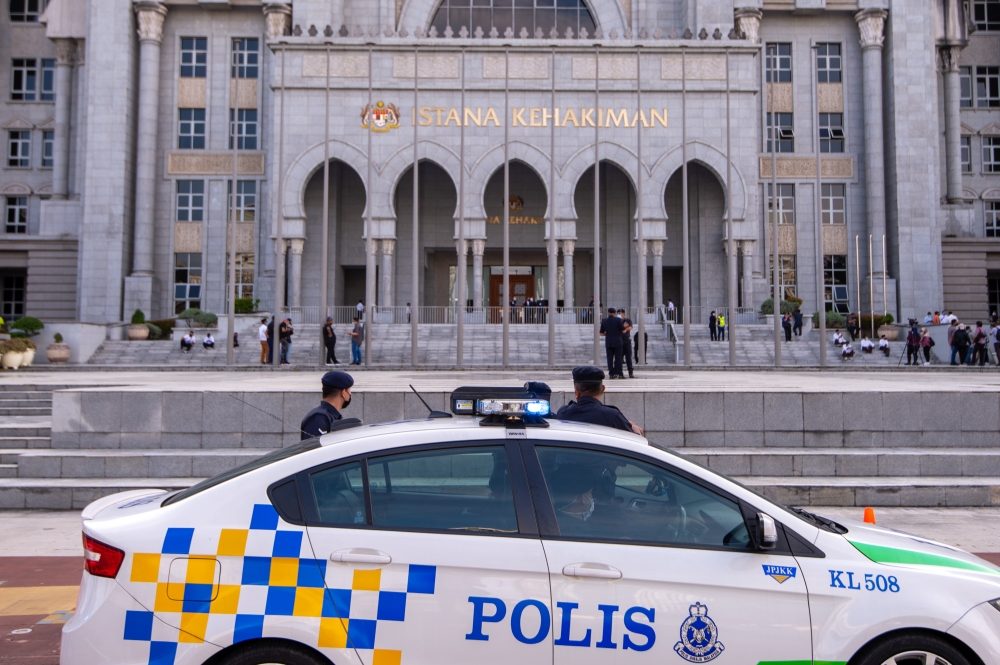MARCH 2 — Restorative justice, as a viable alternative to retributive justice, emerged in the West during the 1970s and 1980s.
It emphasises respect, dialogue, and collaborative decision-making. (See Ramizah Wan Muhammad, “Forgiveness and Restorative Justice in Islam and the West: A Comparative Analysis”, Islam and Civilisational Renewal Volume 11(2), December 2020)
It later gained traction with the adoption of four resolutions on restorative justice at the United Nations Commission on Crime Prevention and Criminal Justice (1999, 2002, 2016, and 2018), including the United Nations (UN) Declaration of Basic Principles on the Use of Restorative Justice Programmes in Criminal Matters, adopting a set of principles that encourage member states to adopt restorative standards as part of international human rights law.
Accordingly, restorative justice has been used in the criminal justice system in many Commonwealth jurisdictions — which Malaysia is one — such as New Zealand, Australia and Canada. It is enabled within the criminal justice system by provisions in the legislation.
Restorative justice has been acknowledged as an effective response to crimes, especially in cases involving young persons and adults, first-time offenders, and repeat offenders, and crimes ranging from minor to serious ones.
It draws upon traditional and indigenous forms of justice which have been used by Indigenous peoples for thousands of years to resolve disputes.
The UN Declaration also duly acknowledges that restorative justice gives rise to a range of measures that are flexible in the adaptation to established criminal justice systems and that complement those systems, taking into account legal, social and cultural circumstances.
Importantly, restorative justice does not prejudice the right of the state to prosecute offenders.
Ramizah Wan Muhammad argues that the values emphasised in restorative justice and Islamic criminal law, in general, are similar.
The emphasis on respect, dialogue, and collaborative decision-making is in the primary sources of Islam. The aim of these values is to craft a just society which empowers victims, offenders, and the community.

Now, the police said that it acted within the law when arresting two students over an alleged rant on the History paper of the Sijil Pelajaran Malaysia (SPM) examination.
However, I showed in “Arrest and right to bail” that there are provisions in the law where a human face can be put on it which are consistent with restorative justice values.
Perhaps it is time for more of those values in our criminal justice system, especially in cases involving young persons, first-time offenders and in minor and non-violence crimes.
If restorative justice is consistent with Islamic principles, then it should be with Malaysia Madani.
* This is the personal opinion of the writer or publication and does not necessarily represent the views of Malay Mail.





















